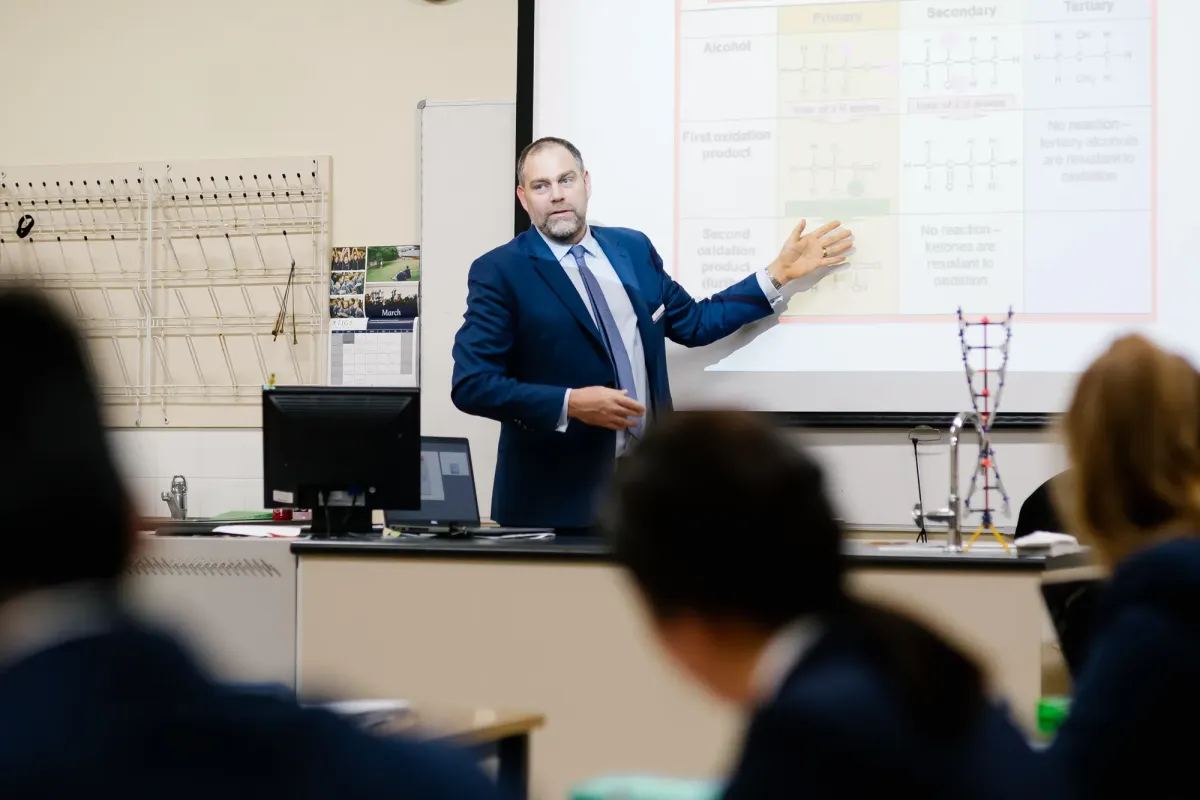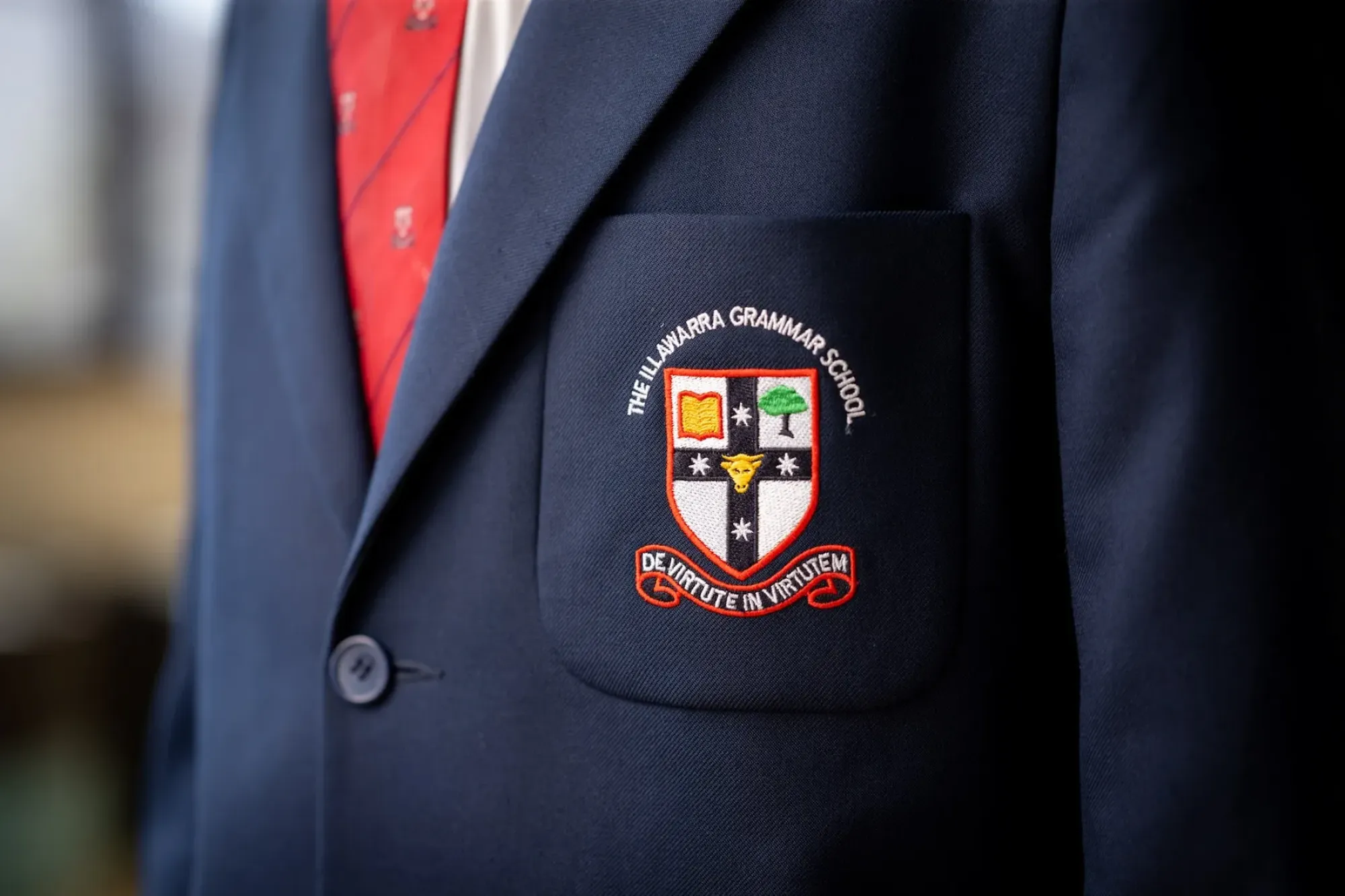
Setting Course for the Years Ahead (PAICE)
There is a Chinese proverb that when roughly translated states that ‘Learning is a treasure that will follow its owner everywhere’. It is an indisputable fact that what students learn during their formative years will powerfully shape the contributions they make and the opportunities they create for themselves as well as others as they grow into the awaiting world.
In last week’s newsletter, I wrote briefly about our ongoing work to renew and update the way we undertake the important work of learning and teaching in Year 7 to Year 10 in the Senior School. This week, I wanted to continue the theme and share with you the underlying priorities that we will be focusing on in our classrooms to ensure our students are engaged, reflective learners capable of excellent progress irrespective of their varied starting points – PAICE.
PAICE
Personalisation: Personalisation is the way in which we seek to cater to individual students’ learning needs. Not all students learn in the same way or make progress at the same rate. Our commitment to personalisation acknowledges that every student is unique and seeks to cater to their diverse range of interests, prior learning and experiences.
Assessment: Effective and productive assessment of students is something that should play a significant role in ongoing learning, rather than something that happens after the event. The key difference lies in the way in which assessments can be used to provide high-quality feedback to students on their strengths and the specific ways in which they could seek to improve. By using assessment in this way, students are able to develop confidence in their strengths and home in on the areas in which more work is needed.
Intervention: In keeping with our commitment to personalisation, intervention is the way in which teachers respond to areas of underachievement or specific challenges to learning. Intervention is the targeted activities that allow students to make up lost ground or to address identified areas of weakness to allow them to make rapid progress and to assist them in fulfilling their potential.
Consistency of High Expectations: Todd Whitaker is quoted as saying “Great teachers have high expectations for their students, but higher expectations for themselves”. A commitment to high expectations is a key part of a TIGS education but consistency is equally important. We want all students to understand their own role in the strong culture of learning that TIGS enjoys. And teachers will continue to actively identify best practice and seek to establish it in classrooms across the School.
Evidence: Our aspirations for learning and teaching set out above will require the collection and communication of good data and clear information to allow teachers, students and families alike to have a good understanding of areas that are working well and any areas that are requiring of attention. To do this well we will need evidence to inform our practices.
There is much more that could be said but I hope this brief overview will provide you with a clear idea of where we are aiming for and the goals we are setting for ourselves as we look to 2021 and beyond.

